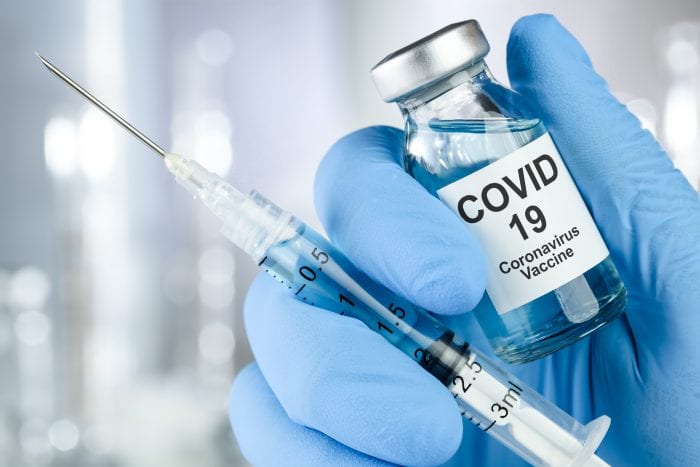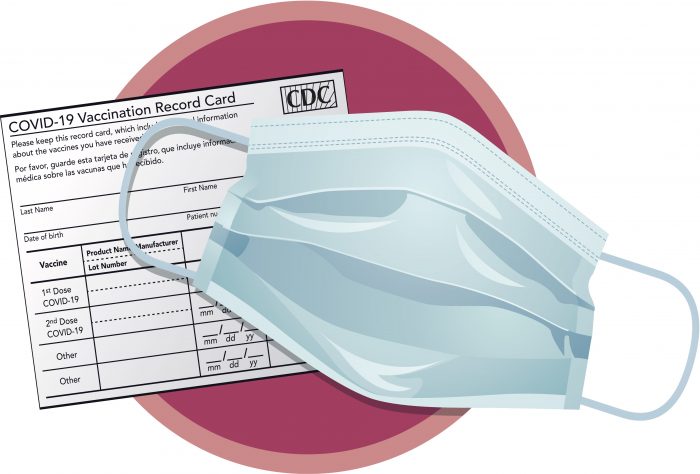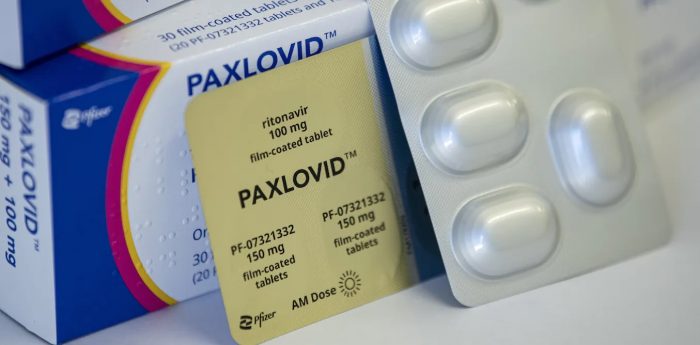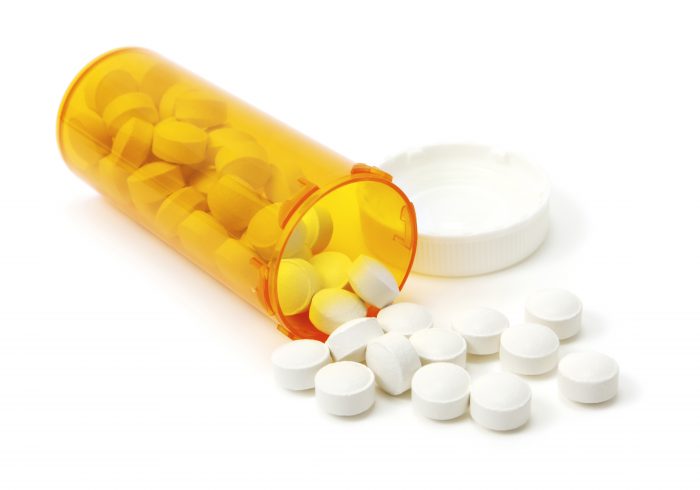By Daniel Dunaief
In a nod to the herd immunity from a combination of illnesses and vaccinations in the population, the Centers for Disease Control and Prevention is widely expected to reduce the recommended number of days of isolation after a positive test to one day from five days.
Even as most of the population has returned to a normal life after the pandemic — toughing through colds with relatively mild symptoms at work and staying home, for the most part, when symptoms become severe — the CDC had urged Americans to remain isolated for five days.
“Covid has diminished as a real threat for the majority of people,” said Dr. Sharon Nachman, Chief of the Division of Pediatric Infectious Diseases at Stony Brook Children’s Hospital. “The responsiveness between vaccinations and multiple events [such as infections] is reasonable to prevent hospitalization and death in most people.”
In addition, Covid treatments, such as Pfizer’s Paxlovid, have become effective in reducing the severity and duration of symptoms.
The CDC likely couldn’t have provided such guidance a year ago, but, for most people, the consequence of contracting the virus that altered the course of life for people for several years, has been less problematic for their health, doctors said.
Despite ongoing illnesses and symptoms, people have become less likely to test for Covid.
“Insurance companies used to pay for eight per month, but now, people just buy one [test box] at a time,” said Michael DeAngelis, the owner of Village Chemist in Setauket.
Dr. Sunil Dhuper, chief medical officer at Port Jefferson’s St. Charles Hospital, understood the CDC’s decision, with an important warning.
“The rationale behind changing the timing of isolation guidelines is based on looking at the evolving severity of cases,” Dhuper said.
“People who are younger get more mild levels of illness and recover,” he added.
Concerns for the elderly
“The disease is beginning to behave more and more like other respiratory viruses, but we are not there yet,” Dr. Dhuper cautioned, particularly for those who are over 65.
Hospitalization for people who contract Covid is 11.2 per 100,000 for people over 65, compared with 6.9 per 100,000 in the week ending Feb. 10, according to data from the Centers for Disease Control and Prevention.
The mortality for those over 65 from Covid is higher than for the flu, Dr. Dhuper said.
“We have to be a little cautious, sending a message to the community that you can continue to do what you want to do,” Dr. Dhuper said. “When they are around the elderly” people, particularly those who might have symptoms even if they haven’t been tested, should consider wearing masks or keeping their distance.
The incidence of Covid, among other illnesses, climbed after the December holidays and the start of 2024, as people traveled to visit with family or on vacations. Those numbers have come down, although the upcoming spring break from secondary schools and colleges raises the possibility that illnesses could climb again, doctors predicted.
Be careful of grandkids
While the public may not want to hear it, Dr. Dhuper expected that it might take another five years before Covid reaches a comparable level of potential risk to the elderly as the flu, which could also present a risk to people’s health.
Dr. Dhuper urged those who have symptoms to test themselves for Covid. Even if they don’t isolate themselves for more than 24 hours, they should be cautious around vulnerable groups.
Dr. Dhuper’s advice to grandparents is to “be careful when you’re around your grandkids, because they are like petri dishes, harboring tons of infections.”
While for many people in the community, Covid has become like white noise, it’s still causing medical problems and leading to some hospitalizations, the St. Charles doctor added.
Any change in isolation guidance from the CDC should come with an asterisk that “yes, we are changing the guidelines, but people should still exercise precautions,” Dr. Dhuper said.
Vaccination research
Amid discussions related to vaccines, Dr. Nachman added that several compelling papers have demonstrated that people who are up to date on their vaccines, including flu, are at lower risk for dementia.
The link between vaccinations and overall brain health is unclear, and it is possible that people who receive vaccines also have a lifestyle that reduces the risk of developing dementia.
“We have an aging population in New York, particularly on Long Island,” said Dr. Nachmman. “If we want to keep them healthier longer, getting appropriate medical care, including vaccines, is probably helpful.”









